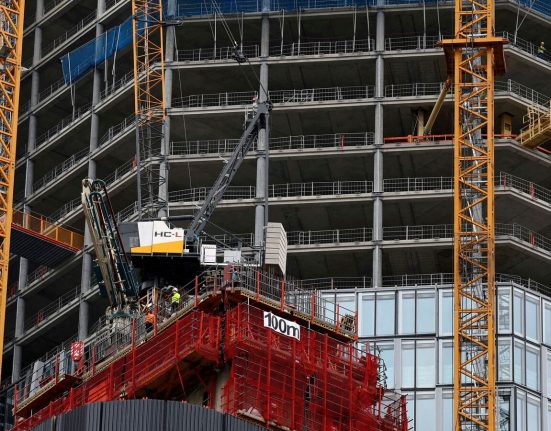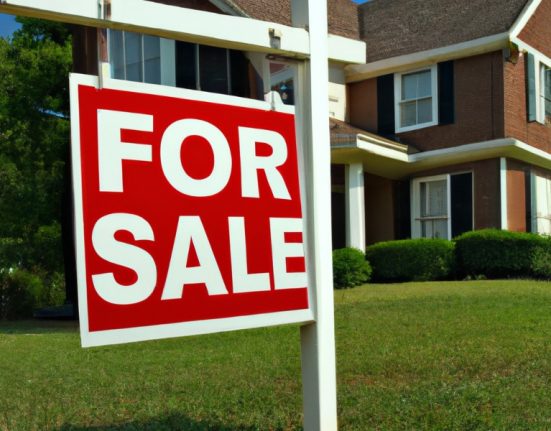Mortgage rates topped 7% this past week for the first time in 2024, according to
The increase comes at a pivotal time for the U.S. housing market, which saw existing-home sales hit a near-30-year low in 2023 as costs rose. Higher rates could reduce buyer demand, slow price growth, further crimp sales, and weigh on home builders’ shares.
The pain won’t be evenly distributed across markets, however. Places where prices have run up the most relative to historic norms are most vulnerable to setbacks, industry experts say. Florida, and Miami in particular, are cases in point.
Frustration hangs over the housing market in the Miami area, says Riley Smith, an agent based in the city and president of the Riley Smith Group. Prices for new construction and land are strong, but the city’s condo market is seeing weakness, he says.
Buyers, frustrated by high mortgage rates, “are really pumping the brakes,” says Smith. “We’re seeing more deals fall apart because both sides feel like they’ve given so much to get there.”
Home prices across Florida rose during the Covid pandemic as the state attracted new residents from more expensive metros and wealthy retirees, notes Selma Hepp, chief economist at CoreLogic, a real estate data provider. Prices rose about 70% from the pandemic’s start in 2020 through the end of last year, according to data from the Federal Home Finance Agency, or FHFA.
Advertisement – Scroll to Continue
Many Florida metros are seeing more listings, says Orphe Divounguy, a senior economist at
Zillow
.
That could be because many Florida homeowners have no mortgages, he adds.
While homeowners with ultralow-rate mortgages might feel locked into cheap home loans, those without a mortgage “basically aren’t too concerned with what’s going on with mortgage rates,” says Divounguy.
The rapid rise in property prices in Florida, and the uptick in supply leave some metro regions vulnerable to price declines. Palm Bay, Deltona, and North Port are among the five housing markets CoreLogic named most at-risk of price declines in the next 12 months, along with Atlanta, Ga., and Spokane, Wash.
Normalizing migration trends are also impacting Florida markets negatively, says
Advertisement – Scroll to Continue
Analytics housing economist Matt Walsh. Remote and flexible work enabled a wave of in-migration to Florida from more expensive states earlier in the pandemic, but there are fewer workers “who have that opportunity anymore,” he says.
Home insurance woes likewise could be weighing on demand in the state. “We’ve heard from some builders that high home insurance costs, or difficult-to-obtain home insurance in Florida is beginning to have an impact on those looking to move there,” says Carl Reichardt, a BTIG analyst covering home builders.
Still, it’s too soon to call demand in the state weak, he says.
Advertisement – Scroll to Continue
Selling trends in some Florida metros look weaker than other housing markets, however. Barron’s recently screened Realtor.com’s March listing data for the 100 largest metropolitan areas to identify markets showing weakness. We examined year-over-year changes in days on the market, the share of listings with price cuts, active inventory, and listing price per square foot. Of the 10 metros showing the weakest listing trends, seven—Cape Coral, North Port, Lakeland, Miami, Orlando, Tampa, and Deltona—were in Florida.
It doesn’t look like conditions will improve in Miami this year, says Smith, the real estate agent, since sales typically slow down in the summer. “I’m very bullish on next year,” he says. “I’m just trying to survive this year.”
Write to Shaina Mishkin at shaina.mishkin@dowjones.com







